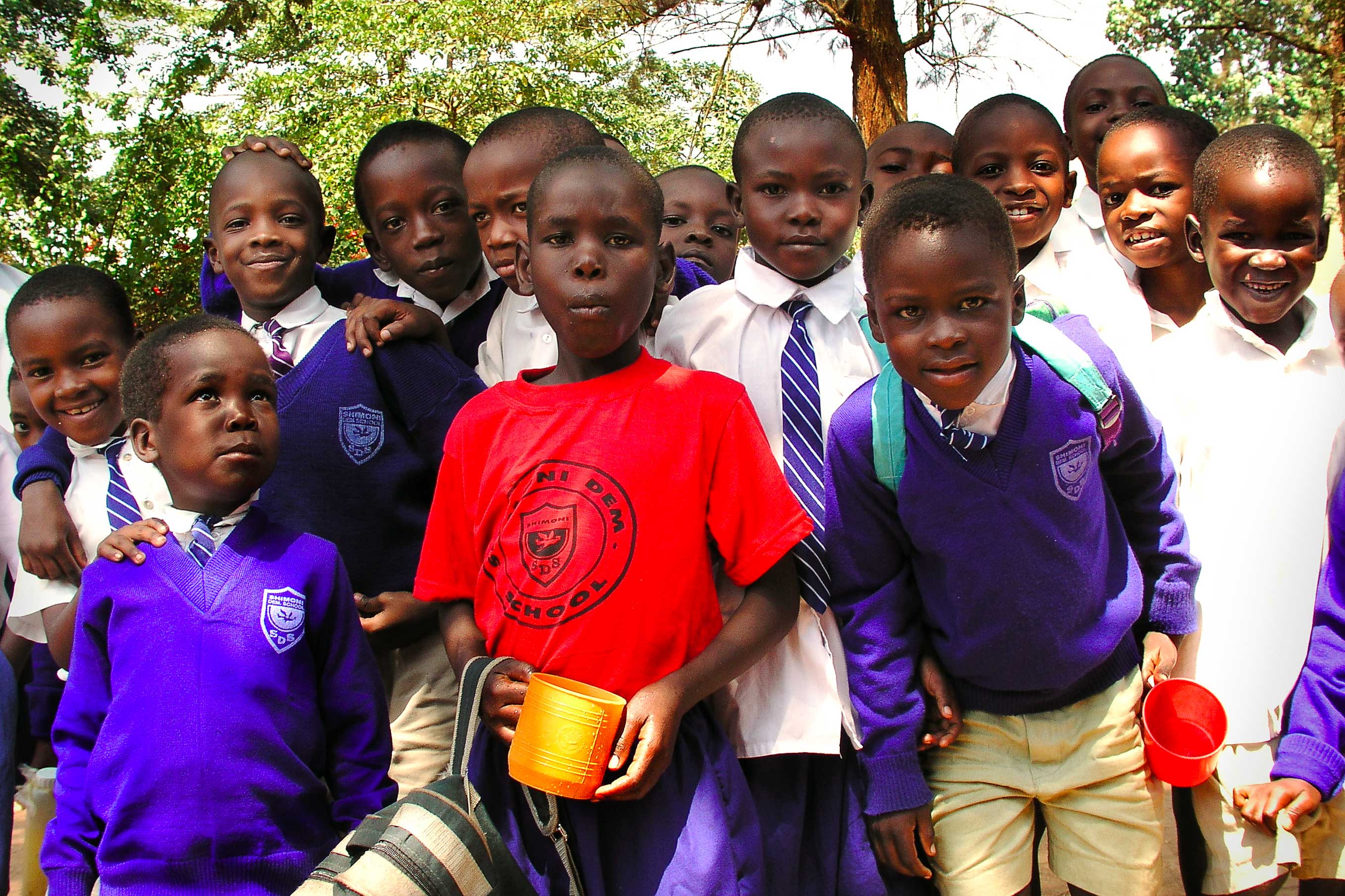Instrument for Stability and Peace (ISP)
Combatting drug traffic in West Africa, mediating inter-community tensions in Lebanon, empowering women candidates for the Afghan parliament, helping biosafety in Tajikistan, or securing the Guinean bay against pirates - all these are tasks of the Instrument for Stability and Peace (ISP).
The ISP bridges development and security policy. This means its competences lay in between development and the Common Security and Defence Policy (CSDP). What is special about the ISP is its fast and flexible functioning. Sometimes it can take only days or even hours until an ISP project is put into practice. The annual ISP budget of around €350 million equals that of the civilian operations of the Common Foreign and Security Policy (CFSP), which makes it one of the main tools of EU external action.
After the creation of the instrument in 2006, it was foreseen that its functioning would be checked and adapted in 2013 for the current financial perspective (2014-2020).
What was the Greens' position?
The Greens believe that this instrument is crucial, as it is the only EU instrument for conflict prevention - a project, which lies at the heart of our peace policy.
We have had strong influence on the creation of the current and the previous instrument since we were responsible for both files in Parliament.
Our aim was to include the word peace in its title, to double funding for conflict prevention from €100 to €200 million, to strengthen mediation, dialogue, reconciliation, the women and peace dimension, climate security and peace-building activities.
We put special emphasis on safeguarding the Peace-building Partnership and pushed for systematically including civil society in the planning and implementation process of new ISP measures. Finally we aimed at strengthening compliance with international humanitarian law and human rights law, especially when it comes to counter-terrorism and cyber-security measures.
Did other MEPs accept the Greens' position?
The Greens made Parliament and Council carry our key objectives making the IPS a strong tool for conflict prevention and peace-building for the next seven years (2014-2020). We established that ISP counter-terrorism and cyber security measures must respect international humanitarian and human rights law.
We convinced Parliament and Council to double financial resources for conflict prevention, to strengthen the peace-building dimension, to include the word "peace" in the new title, to put stronger focus on mediation, reconciliation, and women in conflict areas.
We were also able to convince a vast majority in the Parliament and during negotiations also the Council that civil society actors shall be systematically involved and cooperation between civil society and the EU institutions needs formal structure such as the Peace-building Partnership.
Which points did the Greens lose?
The Greens were very satisfied with the outcome of the negotiations in Parliament.
We only failed in strengthening parliamentary control rights for the long term part of the ISP (30% of the ISP budget) due to fierce resistance of a majority of Member States which refused to extend the rights of the Parliament in security issues.
Procedure:Ordinary legislative procedure
Reference(s):2011/0413(COD)
Lead MEP:Franziska Brantner/Reinhard B脙录tikofer (Greens/EFA)
Green MEP responsible:Franziska Brantner/Reinhard B脙录tikofer
Voted:11/12/2013
Staff contact:Tobias Heider (Email)
